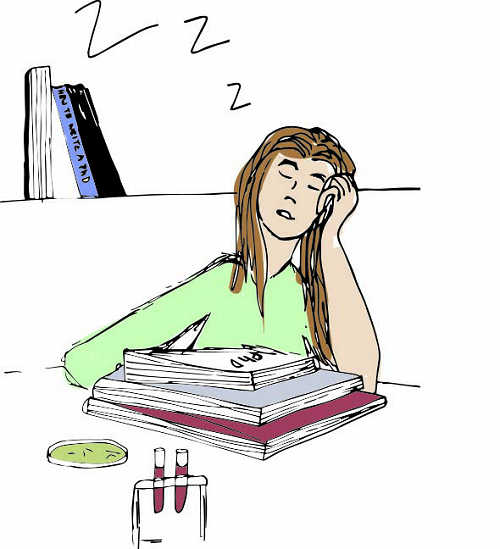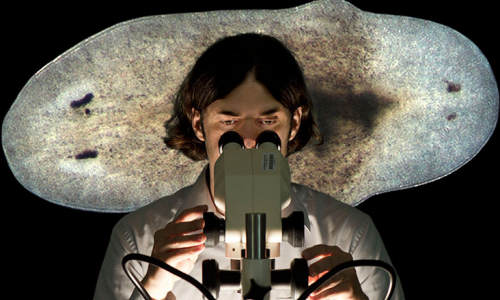During the past two years I have come to realise that the PhD experience varies wildly across the humanities and sciences. As a biochemistry student who lives with a historian, a computer engineer and a social scientist, I have developed a pretty good idea of just how staggeringly different our routines, environments and methods of working are. Here are some of the places you might find us during the working day:
The Historian — As far as I can gather the archive is where old and treasured papers are stored in tightly controlled environmental conditions in places such as ‘The Keep’. Letters, books and sometimes diaries are locked away in the dark until a lonely doctoral student blows off decades of dust and begins to decipher the incoherent scribblings of long-dead historical figures. I’m told that every so often, if you’re lucky, something is uncovered that changes the way we understand the past, giving the PhD student something to write about in their thesis. If not, then there are usually some raunchy love letters stashed in there somewhere to keep you going.
The Computer Engineer — If you are a computer engineer, then more likely than not you will spend most of your time staring into the mesmerizing lights of a computer screen. Although it sounds unappealing at first, working with computers has its benefits: the need to venture into uni, or even out of bed becomes redundant. Most days can be spent at the keyboard running simulations and writing code with all the comforts of home to hand. There is, however, the danger of having to spend hours and hours fixing program bugs before you can get even close to creating an intelligent network that develops consciousness and takes over the world Muahahahah!
The Social Scientist — A field trip abroad sounds, to me, like a 6 month holiday. An all-expenses paid trip, to whichever country you have managed to convince your funding body is essential for the gathering of data for your thesis! However, I am told this is not (entirely) the case and I shouldn’t be SO jealous. Travelling has its pitfalls: once your body finally adjusts to the food and water and the time zone, the real works starts. You have far too many interviews to conduct or environmental disasters to investigate, and too little time to indulge in tourist activities like hanging out by the pool.
The Scientist — The laboratory is where I work 5 days a week, 8 hours a day watched over by my supervisor, until I gather enough data to write a thesis (whenever that will be). To non-scientists the lab might seem like a high-tech equipment-packed place, where boffins wear white coats and every other day cutting edge research changes the word, eureka! Sadly this is not the case. I, for one, have never heard the word eureka used, mostly because science hardly ever works; and even if it does it usually ends up raising more questions than it answers, which means more work for me — I better get back to it then!
Photo Credit: Heather Macklyne
What was your phd experiance like?






